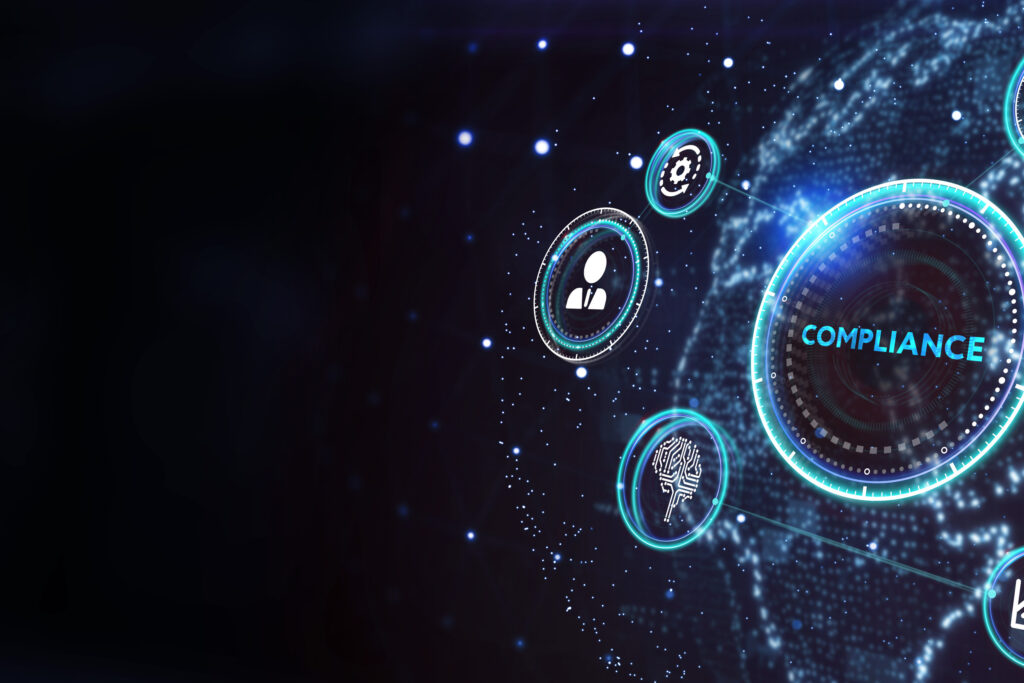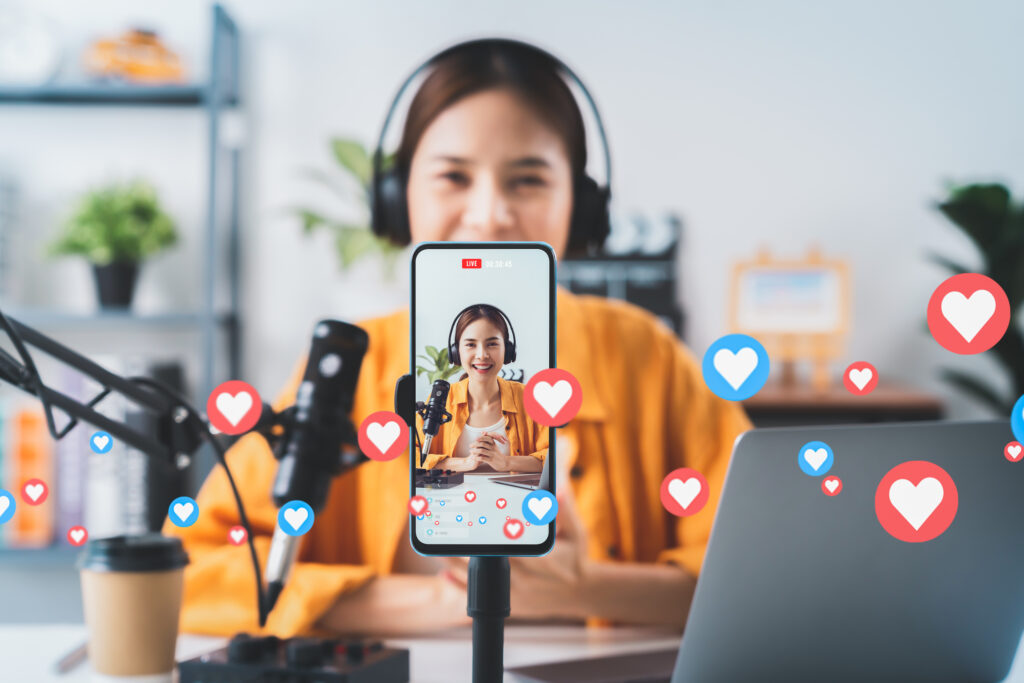
Managing data protection, AI, and whistleblower systems from a single source avoids friction, identifies risks early, and creates legally compliant structures. This article explains why integrated compliance is crucial today.

The new military service law reactivates conscription from January 1, 2026, and for the first time affects those born in 2008. This article explains duties, procedures, conscription, conscientious objection, and legal consequences of violations.

The current political debates surrounding the potential reintroduction of conscription are causing considerable uncertainty. The focus is on questions about who might be affected, what constitutional principles apply, and how conscientious objection can be declared in a timely and effective manner – all clearly explained from a legal perspective.

The Munich Regional Court I has prohibited OpenAI from using copyrighted song lyrics without a license – a landmark ruling for all creative professionals. Whether musicians, photographers, or lyricists: AI cannot simply save, process, or output your work. For copyright holders, this opens up new avenues for injunctions, disclosure, and damages. For AI providers, compliance becomes mandatory.

In a digital world with e-learning and webinars, the question arises: Are in-person training still relevant? Yes – especially when it comes to complex topics, leadership, and interactive processes. Live training creates dynamics, exchange, and sustainability that no online format can replace. In-person training is therefore often the wiser investment – for greater impact, commitment, and genuine learning success.

North Rhine-Westphalia is investigating influencers who defrauded the tax authorities of around €300 million. 200 cases are already underway, with losses amounting to millions. A special team is examining 6,000 data records from social networks to prove tax evasion. North Rhine-Westphalia Finance Minister Optendrenk emphasizes: "The tax investigation department is taking a close look."

Influencer campaigns in Germany and the DACH region require more than just creative content – they require legally sound contracts. Advertising labeling, usage rights, and clear terms and conditions are regulated by law and often subject to legal warnings. As a German lawyer and compliance officer, I help agencies, managers, and brands avoid legal pitfalls – with contracts that work.

Do you want to make it as an influencer in Germany? Then good reach isn't enough – what matters here is what's in the contract. Influencer Legal Guide shows international creators what matters legally: from fair contracts to advertising labeling to protecting your content and rights.

In the dynamic world of influencer marketing, influencers have largely replaced traditional sales representatives, serving as authentic brand ambassadors to reach target audiences in real time. But behind the seemingly casual content lies a tough business. For brand owners and agencies, this presents not only new opportunities but also significant legal challenges.

The use of AI to create content raises numerous legal questions, especially with regard to copyright. Who is the author of AI-generated texts, images or videos? In our article, we clarify which legal uncertainties exist and what should be considered when using AI content on websites or social media.









